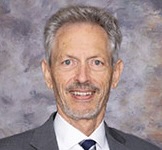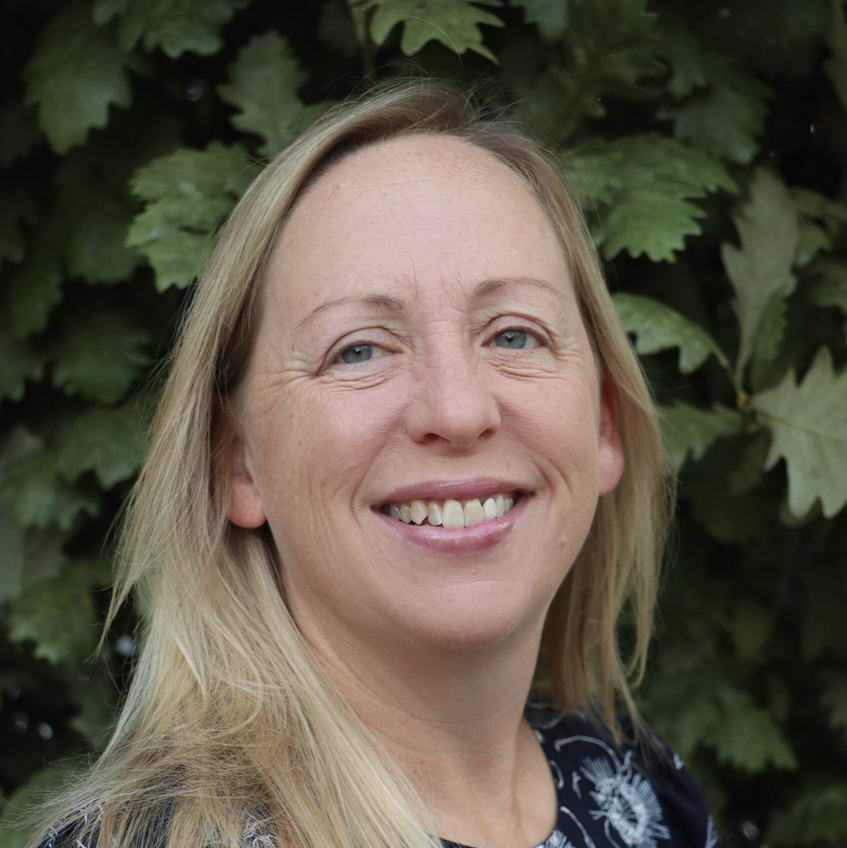When William Morgan, MD, arrived at Copiah County Medical Center four years ago, it was supposed to be for a short-term assignment. What he saw, however, wasn’t a quick fix that needed to be made, but rather, something much bigger.
“It was an opportunity to make a difference,” he said. Specifically, to transform a critical access hospital into “the model for what rural hospitals in the state of Mississippi, and beyond, can be.”
Fast forward to today, his team has made incredible strides. All it took was an investment in cutting-edge technology, strong vendor partnerships, buy-in from the organization, and a solid focus on the unique needs of the community.
During a recent TownHall episode, Morgan, who serves as CEO, spoke with Sarah Richardson about his team’s strategy and shared best practices for other organizations.

William Morgan, MD
Not surprisingly, one of the keys to success they found is to start with the problem, not the solution. For Copiah County, it was the high number of critical care patients being transferred to outside facilities.
The solution involved partnering with Nateera and Artisight – in conjunction with University of Mississippi Medical Center for Telehealth – to launch a series of initiatives leveraging AI tools and telehealth technologies to prevent falls and identify patients who are deteriorating.
“We’re working with Naterra to trend vital signs so that we can intervene prior to patients having an adverse event,” Morgan said. “We’ve developed an algorithm in partnership with our critical care doctors to determine which patients can stay in our hospital and receive a TeleCritical care visit.
Before this tool was in place, ER physicians were “automatically transferring” patients with conditions like diabetic ketoacidosis so that they could receive appropriate care. Now, “a thoughtful evaluation is being done and assessments are being made” based on the data available, which not only enables Copiah County to provide a “higher level of care,” he noted, but has also yielded another critical benefit.
Nurses are gaining valuable learnings that otherwise wouldn’t have been possible. “They’re now comfortable treating critical care patients,” Morgan said. “They learned how to access graphs and shunts to do tele-dialysis,” as well as how to utilize the complex machines. “None of this existed prior to these projects. They really served as a platform for us to not only educate our nurses, but also build a sense of pride in them about what they're doing and what they're accomplishing.”
Although the technology clearly played a critical role in Copiah County’s success, it’s just one factor. What’s just as critical, he noted, is finding a “willing partner.” Companies like Nateera are “looking for partners to develop their products.” In turn, “we offer the setting in which products can be deployed, studied, and refined.”
When it comes to AI, the ability to validate data and constantly seek improvement is critical. “None of us know what we don’t know. AI is still new,” he said. “When you see that it tells you, you have to validate it.” Having a partner that will come onsite after a product has been deployed and continue to work through issues can make a significant difference.
His other piece of advice?
“Don’t be afraid of taking risks and trying out technology,” he noted. “You will have challenges with adoption in the beginning. You need to grit it out and continue to encourage your staff, your board, your physicians, and all providers that this is a worthwhile endeavor.”
For Copiah County, it has been. By leveraging technology to improve care and expand access to specialist care, they’ve shown that they’re prepared to invest in the organization – and consequently, provide better care. “As people recognize the resources that we’ve put into these projects, they’re no longer seeing us as a sleepy rural hospital,” Morgan said. “You don’t have to go to Jackson to get care. We’ll bring Jackson to you, because you’re gonna see the same specialist here that you see there. Our community understands that it’s an added layer, and they’ve embraced it.


Questions about the Podcast?
Contact us with any questions, requests, or comments about the show. We love hearing your feedback.

© Copyright 2024 Health Lyrics All rights reserved